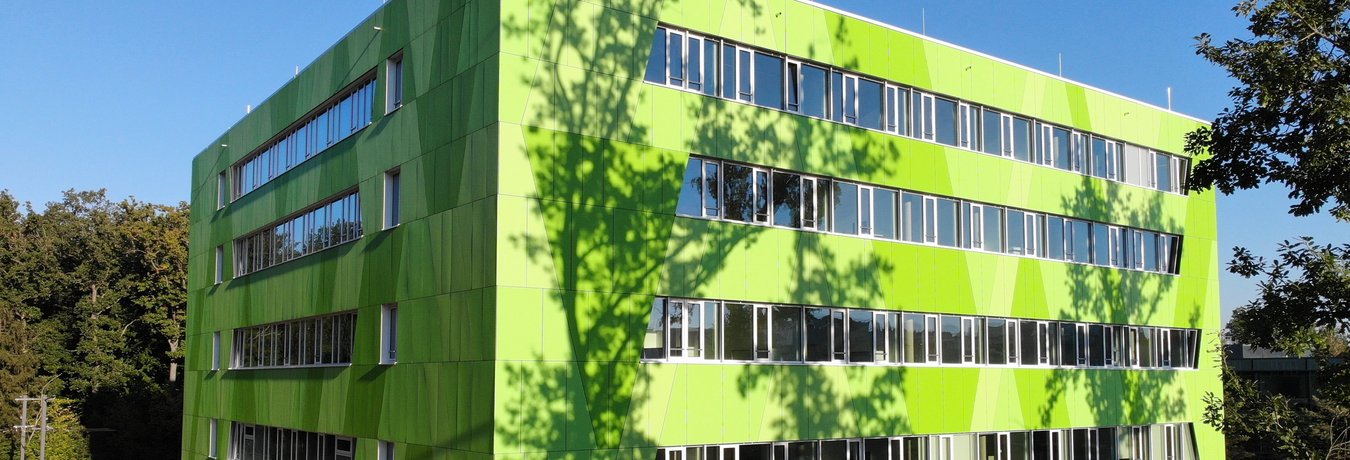Since 2012, the elective "Trauma Track" has been offered at the University of Ulm for medical students to set their individual focus, especially in the field of trauma surgery and emergency medicine. The course runs over six semesters and focuses on trauma management and trauma research including the relevant pathophysiology. With the help of scientific and practical components as well as simulation training, skills such as emergency care and scientific work are to be taught in addition to the teaching of medical expertise. This also includes the offer of an experimental dissertation in one of the participating working groups in the trauma field.
Further information on the trauma track can be found here.
The Master’s degree Molecular Medicine at Ulm University offers life-science students an interdisciplinary study course, equipping them with the knowledge and skills necessary to undertake scientific projects in the field of molecular medicine and to review and critically discuss published data related to this research area. The ITI is responsible for lectures, practical trainings, and seminars in the topic “Trauma and Infection”, teaching general and specific aspects of the inflammatory responses of major organ systems to trauma.
Further information on the study course can be found here.
Since March 2015, PhD students and postdocs have been offered a seminar series for internal training and intensive scientific exchange in the Complement Forum (Thursdays, 3:30 pm, Center for Biomedical Research). This offers students a forum for project presentations, progress reports, literature seminars and a lively discussion platform for clinical scientific topics.
The ITI organizes and realizes the teaching days of the European Shock Society (ESS). Together with the congress committee, we offer educational input in clinical and scientific trauma management. We especially run valuable hands-on seminars in simulated settings (Figures). Our goal is to provide our junior scientists essential knowledge of clinical diagnostic and therapeutic algorithms, as well as the associated challenges.


Here are some snapshots from the European Shock Society Summer School 2019 in Chania, featuring simulations of a patient with multiple injuries and their associated complications. The seminar offers hands-on tutorials in protected simulated environments, specifically designed for junior basic and clinical scientists.
